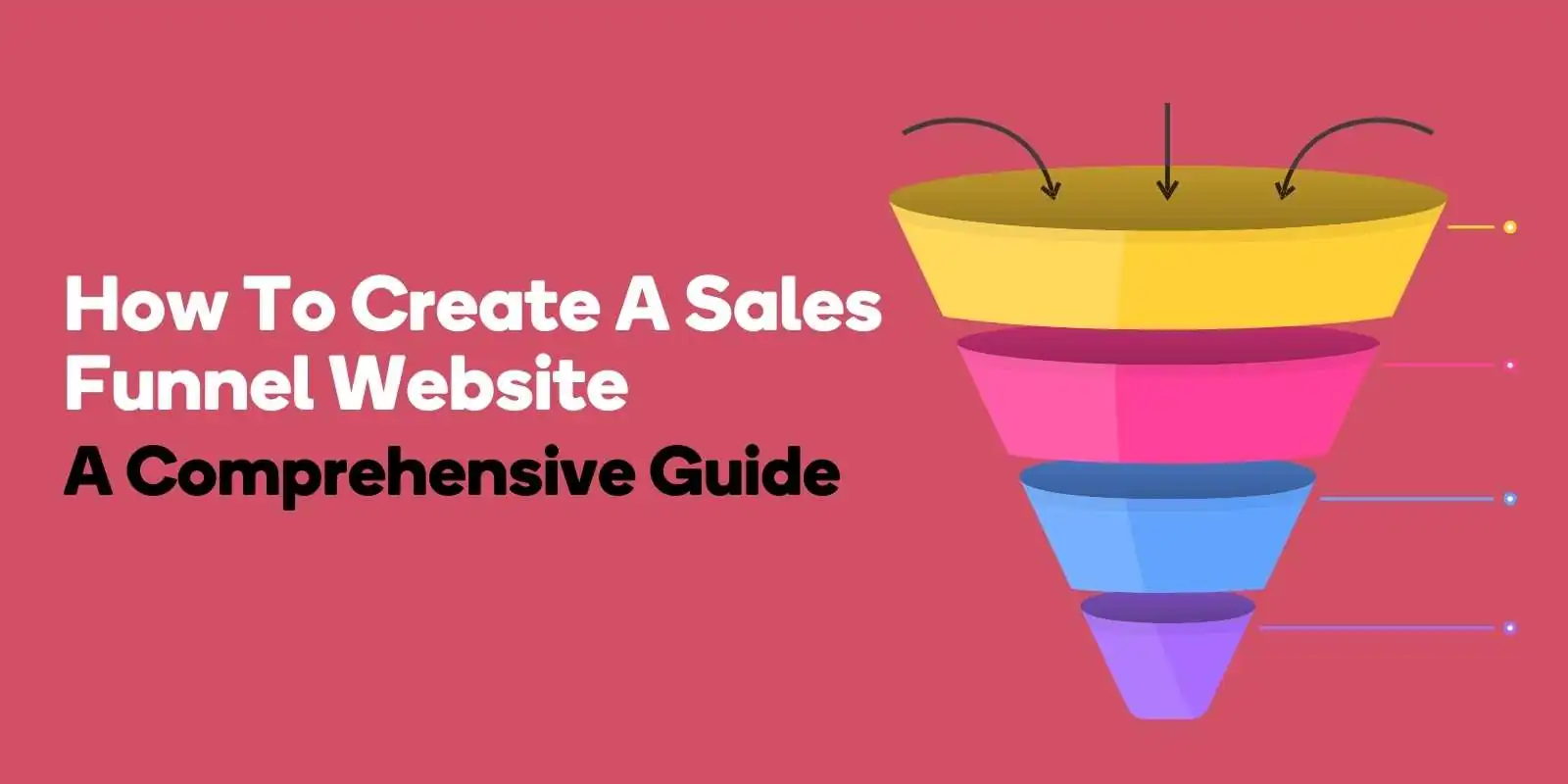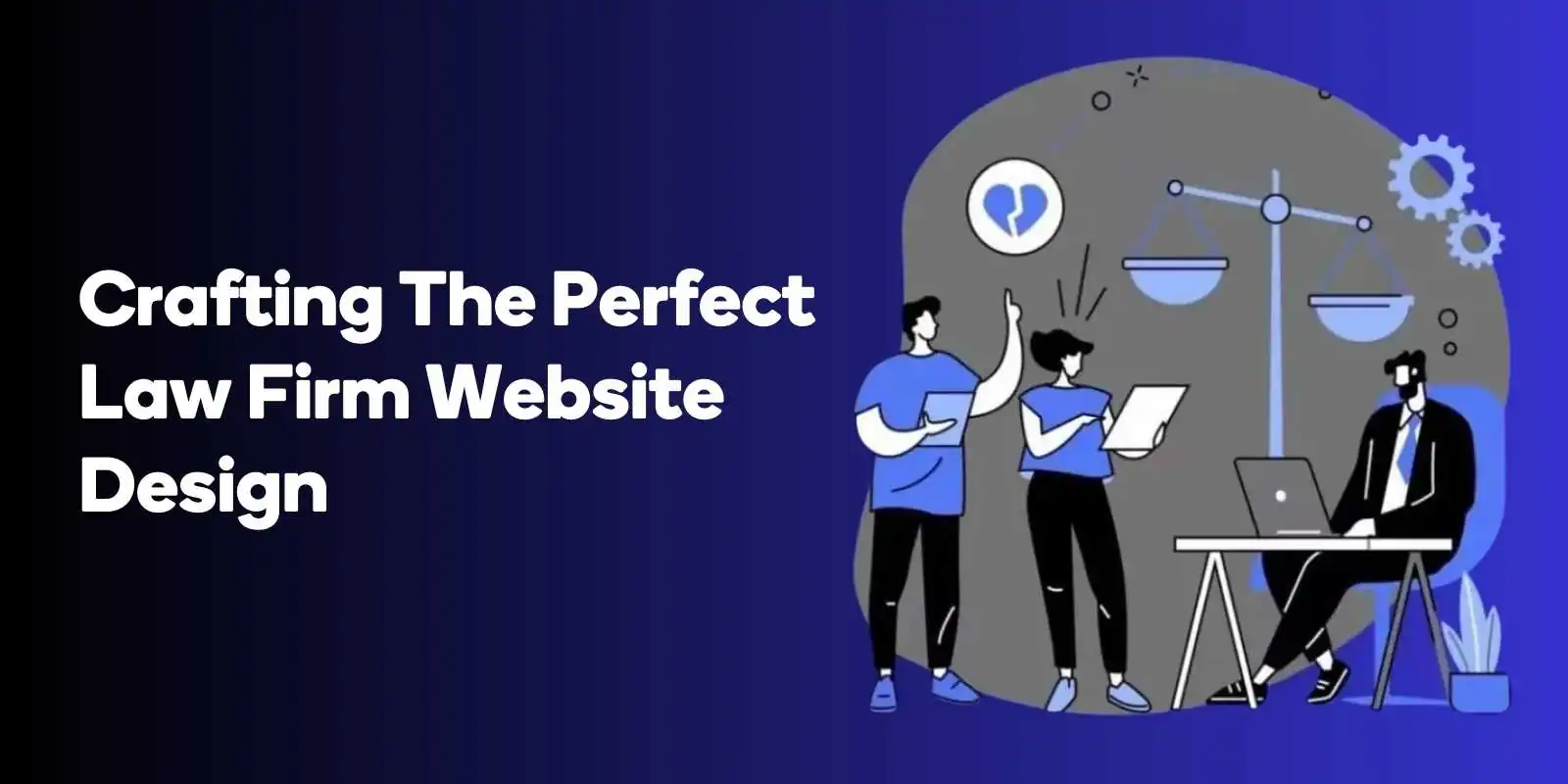This comprehensive guide will walk you through the essentials of web design and hosting, popular website builders, custom domain names, mobile optimization, SEO and marketing tools, eCommerce solutions, web hosting services, and support resources.
Let’s embark on this journey to create a professional website that truly stands out.
The Essentials of Web Design and Hosting
Web design, hosting, and web development are crucial components in creating a professional website.
Web design focuses on the creative and artistic aspects of a website, while hosting deals with the technological side.
By utilizing a web design, hosting, and development company, customers can focus on expanding their business without worrying about technical matters.
When choosing an easy online website builder, consider factors such as user experience, site performance, security, reliability, and mobile site design.
User Experience and Aesthetics
Visually appealing and user-friendly websites, like a personal website, are vital for attracting and retaining visitors.
Creating your own website with these qualities can result in a positive user experience, increased customer loyalty, and higher conversion rates.
Website templates provide a convenient starting point for website creation, tailored to various industries and easily customizable by graphic designers.
Website builder platforms offer a range of simple website creation tools and professionally-designed templates, making it easy to create a site without coding experience.
Design is a critical factor in determining the success of a small business website, as it helps to create a professional and appealing online presence that attracts customers and boosts sales.
Site Performance and Speed
Site performance and speed are essential for providing an uninterrupted user experience and ensuring that websites load promptly, regardless of the site builder used.
Web hosting directly influences website loading speed, and some providers even offer a free domain as part of their services.
At Wix, performance is prioritized when constructing any new feature, component, or element, including eCommerce tools. Wix, a popular free website builder, offers a 99.9% uptime guarantee for its hosting services.
Security and Reliability
Security and reliability in web hosting services are crucial for safeguarding sensitive data, ensuring website uptime, and supporting eCommerce tools.
Wix offers enterprise-grade security, including threat prevention, real-time detection, rapid response, data encryption in transit utilizing HTTPS, TLS 1.2+, and an automatic SSL certificate.
Choosing the Right Website Builder
With numerous website builders available, such as Gator, Squarespace, Wix, and WordPress, it’s essential to evaluate all aspects when choosing the most suitable one for your needs, like features, pricing, user-friendliness, and customer service.
Using a website builder allows you to create a high-quality website without needing to know coding, take advantage of WordPress’ capabilities, robust eCommerce capabilities, effortlessly switch themes, and track stats to observe site performance.
Wix
Wix is a free website building platform known for its customizable templates, advanced design options, and eCommerce capabilities. It offers scalable, free web hosting and the option to connect a professional domain name.
Wix provides reliable, scalable, and free web hosting with secure servers located around the globe. It also offers a free Wix Logo Maker for designing logos and a range of built-in marketing and business solutions.
Wix’s customer support includes chat support and the ability to schedule calls with Customer Care Experts.
Additionally, I’m a big fan of your website. Wix offers comprehensive SEO capabilities to optimize your site for increased search visibility.
Squarespace
Squarespace is an all-in-one content management system that provides users with a comprehensive platform for website building and hosting.
It offers customizable templates, designer fonts, and color palettes, as well as responsive design and powerful eCommerce tools.
Squarespace is an ideal choice for individuals looking to tailor sites to their specific requirements.
It also offers email campaigns that incorporate the site’s styles, products, and blog posts, as well as the Unfold app for creating visually appealing content for social media and managing links in bio.
WordPress
WordPress is a blog-focused content management system that accepts plugins and themes to extend its capabilities, and it powers 40% of the internet.
It offers more control and customization than shared hosting and is a highly sought-after skill.
WordPress hosting is a type of web hosting service specifically optimized for WordPress websites. Bluehost, a company focusing on WordPress, offers site-building tools for existing users.
Custom Domain Names and Branding
A custom domain name is a distinct, branded name that uniquely identifies a website, allowing website owners to create a recognizable brand identity online via a website address that can expand as their business grows.
A custom domain name can be employed in a custom email address, social channels, email marketing campaigns and more to construct a brand.
Having a custom domain name confers credibility to your brand and facilitates the discovery of your online presence.
It can also help to create a more professional image and make it easier for customers to find and remember your website.
Importance of Custom Domains
Using a custom domain name can help to bolster credibility, enhance discoverability, and safeguard copyrights and trademarks.
It provides a more professional appearance for a business website and creates a unique and memorable brand identity.
Custom domain names can potentially increase visibility in search engine results and make a website easier to locate and recall.
Branding Elements
Branding elements encompass the brand name, logo, graphics, color scheme, typography, tone and voice, slogan, and brand values.
Logos serve as a visual representation of a brand and can be employed to construct a strong brand identity.
Color schemes play a significant role in branding, as they can be utilized to establish a distinct and recognizable brand identity and create a powerful visual effect.
Typography plays a pivotal role in branding, as it can be utilized to create a distinct and recognizable brand identity and establish a consistent look and feel across all brand materials.
Optimizing Your Website for Mobile Devices
With the increasing use of mobile devices for browsing the internet, it’s essential for websites to be optimized for mobile viewing.
Responsive design, an approach that allows websites to adjust to different user devices, ensures a superior user experience on all devices.
Website builders typically provide features to facilitate the creation of mobile-friendly websites, such as responsive design, mobile-specific customizations, and mobile-friendly content.
Responsive Design
Responsive design is essential as it enables your website content to be optimally displayed across all screen resolutions and sizes, ensuring a superior user experience on all devices.
It has the potential to attract a larger audience, require less maintenance, and increase loading speeds.
Responsive design is a popular web design strategy. It is supported by some website builders.
Mobile-specific Customizations
Mobile-specific customizations for websites include utilizing a mobile-responsive theme or template, optimizing information for easier access, utilizing a minimalist design to enhance load times, and implementing a mobile-first approach for a responsive design.
Mobile-responsive themes and templates are designed to optimize the layout of a website to accommodate the size of the device it is being viewed on, ensuring that the website is presented in an aesthetically pleasing manner and functions appropriately.
To ensure that information is easily accessible on mobile devices, employ larger fonts, buttons, and images, and use collapsible menus and other navigation elements to facilitate user navigation.
A minimalist design can optimize loading times by minimizing the amount of code and images that need to be loaded, making it easier for users to drag and drop elements as needed.
Enhancing Your Online Presence with SEO and Marketing Tools
SEO and marketing tools are resources utilized to increase website traffic and conversions.
Many website builders provide SEO tools to help improve website visibility and increase traffic through search engines.
By utilizing built-in SEO features and marketing integrations, you can effectively enhance your online presence and drive more traffic to your website.
Built-in SEO Features
Several website builders, including Wix, Squarespace, Weebly, DreamHost WP Website Builder, WordPress.com, and GoDaddy, offer built-in SEO features such as clear HTML structure, responsive design, customizable tags, access to SEO plugins, and advanced tools available in the app market.
Utilizing built-in SEO features can provide benefits such as improving website visibility, increasing website traffic, and enhancing search engine rankings.
Marketing Integrations
Marketing integrations are tools that enable businesses to streamline customer follow-up activities and integrate data from multiple sources, including payment and e-commerce, lead generation, support, data and analytics, and email marketing integrations.
Social media integrations, such as Facebook Like and Twitter Follow buttons, can be included on pages, and some builders provide the capability to display social network feeds.
Squarespace, for example, offers email campaigns that incorporate the site’s styles, products, and blog posts.
Ecommerce Solutions for Your Online Store
An eCommerce solution is a comprehensive suite of tools designed to assist online stores in achieving their objectives, expanding their operations, and reinforcing their brand.
Ecommerce solutions typically feature payment gateways, inventory management systems, tax tools, and customizable templates.
Website builders provide product promotions, email marketing, inventory and shipping tools, as well as the capability to sell digital downloads.
Setting up payment gateways, managing inventory, calculating taxes, and customizing templates are all essential steps in creating an online store using eCommerce features.
Product Management and Payment Processing
Product management oversees every phase of a product’s lifecycle, from development to positioning and pricing, prioritizing the product and its customers.
Tools for product management include inventory management systems, product information management systems, and customer relationship management systems, which can help businesses better manage their products, track inventory, and organize customer data.
Payment gateways, merchant accounts, and payment processors are available to help businesses securely process payments, manage customer data, and protect against fraud.
Shipping and Tax Calculations
Shipping cost is calculated by taking into account various factors, including weight, distance, and shipping method, with carriers like USPS, FedEx, and UPS typically using either the actual weight or DIM weight of the package, whichever is greater, to determine the cost of shipping.
Automating shipping and tax calculations can provide time and cost savings, as well as diminish the likelihood of errors, allowing for more precise pricing and expedited order processing.
Integrating an eCommerce platform with a tax calculation service can facilitate automated tax calculations, accurately calculating the applicable taxes for each order based on the customer’s location.

Award-Winning
Sales Funnel & Website Expert
Discover How My Agency Can Grow Your Business
- Website: Our websites are the perfect blend of form and function.
- Sales Funnel: We build sales funnels that turn leads into customers.
- SEO: Get found online with our expert SEO services.
Web Hosting Services: Shared, VPS, and Dedicated
Web hosting services are an essential aspect of building and maintaining a website.
There are different types of hosting services to cater to various website needs, including shared, VPS, and dedicated hosting.
Shared hosting is an economical choice for entry-level websites or personal sites, as multiple websites are hosted on a single physical server and its resources are utilized accordingly.
VPS hosting offers users a virtual private server, granting them increased control over their hosting environment, making it an ideal option for websites with higher traffic.
Dedicated hosting, managed by a dedicated team, provides users with their own dedicated server, granting them complete control over their hosting environment, making it an ideal choice for websites with high security requirements.
Shared Hosting
Shared hosting is a type of web hosting wherein multiple websites are hosted on a single server, allowing them to access the server’s resources collectively.
It is an economical solution for businesses and individuals with limited resource requirements, and it is generally reliable and easy to configure and manage.
However, shared hosting can be comparatively slower and less reliable, and may not suffice for websites that require considerable resources or have high-security requirements.
VPS Hosting
VPS hosting is a type of web hosting that provides dedicated resources on a shared server through virtualization technology, offering more control and customization than shared hosting.
It provides improved performance, scalability, and security compared to shared hosting.
When selecting a VPS hosting provider, it is essential to consider factors such as cost, performance, scalability, security, and customer support, and ensure that the provider offers the features and services required for the website.
Dedicated Hosting
Dedicated hosting is a type of web hosting service that provides users with their own dedicated server, granting them full control over their hosting environment.
It offers improved performance, heightened security, and increased control.
The primary downside of dedicated hosting is the cost, as it is more expensive than shared hosting, and it requires more technical expertise and time and effort to maintain.
Dedicated hosting is an optimal solution for high-traffic or resource-intensive websites.
Support and Resources for Website Building
Customer support and resources are vital aspects of website building and maintenance.
Website builders and web hosting providers offer various support options and resources, including tutorials, knowledge bases, and customer support channels.
These resources can assist users in mastering website builders and web hosting services, providing detailed, step-by-step instructions on how to establish and manage a website.
Customer Support Channels
Customer support channels include phone, email, live chat, self-service, and social media, allowing customers to interact with a business to obtain assistance or support.
Phone customer support facilitates direct contact between customers and representatives, offering personalized assistance and advice.
Email customer support allows customers to send an email to a business and receive a response from a representative, providing a convenient way to obtain assistance without having to wait on hold.
Live chat customer support enables customers to communicate with a representative in real-time, obtaining prompt responses to inquiries.
Knowledge Bases and Tutorials
A knowledge base is a centralized repository of information used to provide self-service support to users, containing FAQs, how-to guides, and troubleshooting instructions.
Utilizing knowledge bases for self-service support offers quick access to the answers users need, without having to contact customer support, saving time and money.
Tutorials and articles are available online to assist users in mastering website builders and web hosting services, providing step-by-step instructions on how to set up and manage a website.
Frequently Asked Questions
What is website design and hosting?
Website design and hosting is the process of creating a visually appealing website and making it available to the public. Designers use programming languages like HTML and CSS to create custom layouts, graphics, and content for the website.
Web hosting services then provide a platform for this content to be shared online.
What is the difference between web hosting and web designing?
Web hosting provides the infrastructure to make websites publicly available while web design involves developing and customizing those websites. It is the web designer’s job to ensure the website looks and functions as intended, while it is the web host’s role to provide reliable access to those websites.
What are the 3 types of web hosting?
The three main types of web hosting are shared hosting, VPS (virtual private server) hosting, and dedicated hosting. Cloud hosting is also a popular option.
Each type of hosting has its own unique benefits and considerations that must be taken into account when making your decision.
How much does it cost to hire someone to build a website?
Hiring someone to build a website can be an expensive endeavor, with upfront costs ranging from $100-$500 depending on the complexity of the website, plus ongoing domain and hosting costs of about $14.99/year and $7.99/month respectively.
Additional charges may also apply if you hire a designer or developer, as they may charge an upfront fee of around $6,000 and an ongoing cost of $1,000 per year.
What are the key elements of web design and hosting?
Successful web design and hosting requires creating an attractive user interface, establishing efficient website hosting services, and ensuring adequate maintenance of the website. The key elements of web design and hosting include a creative user interface, reliable hosting services, and ongoing website maintenance. Together, these enable the successful development and deployment of websites.
Conclusion
In conclusion, creating a professional website requires careful consideration of various aspects, including web design, hosting, domain names, branding, mobile optimization, SEO, marketing tools, eCommerce solutions, and web hosting services.
By understanding the essentials of web design and hosting, selecting the right website builder, obtaining a custom domain name, and optimizing your website for mobile devices, you can create an impressive online presence that attracts and retains customers.
Additionally, utilizing built-in SEO features and marketing integrations, setting up an online store with eCommerce solutions, and choosing the appropriate web hosting services can further enhance your website’s performance and success.
With the right support and resources, such as customer support channels and knowledge bases, you can master website building and create a professional website that truly stands out in today’s competitive digital landscape.










